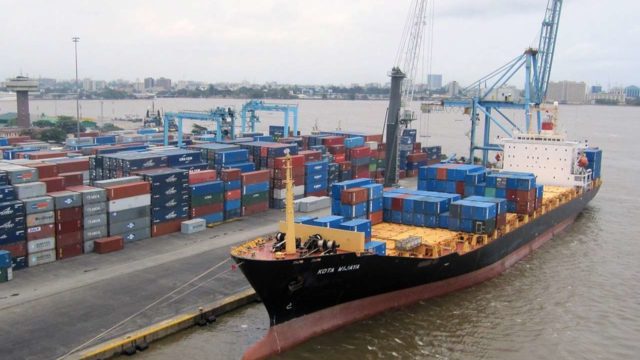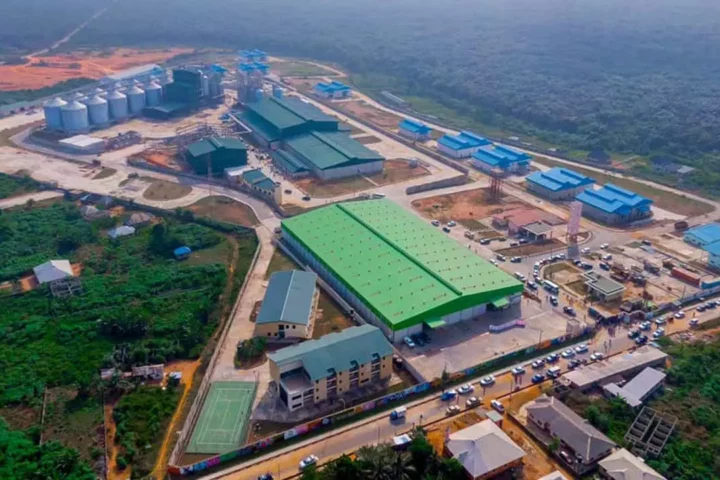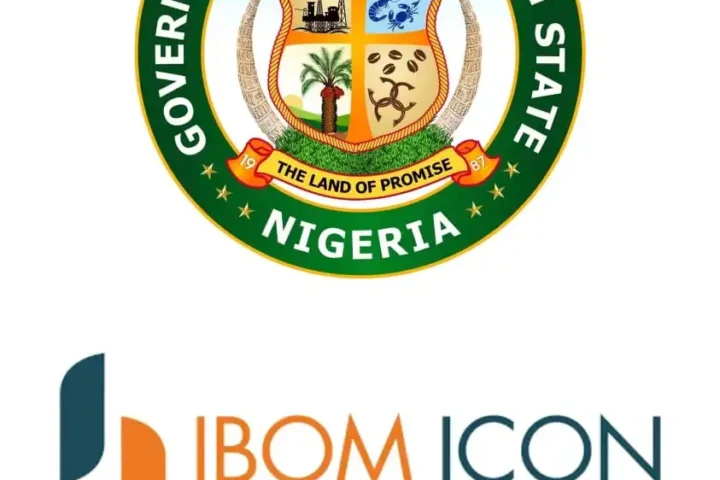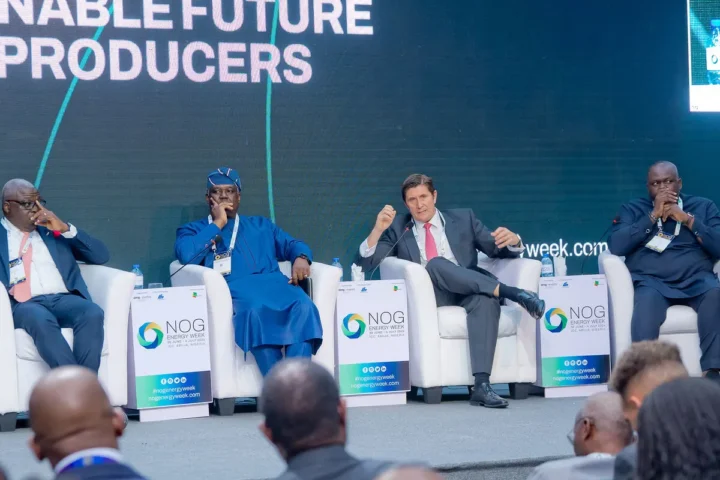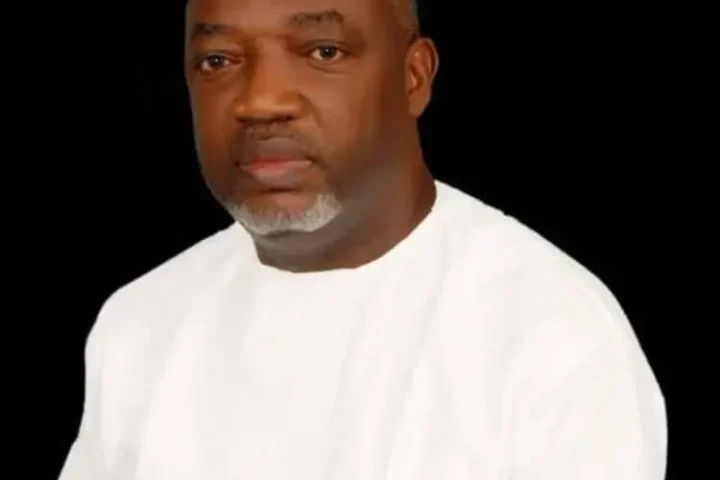Before we think of how Lekki Deep Seaport will change the maritime economy let us first take a closer look at the Nigeria Maritime Sector.
Alari Emomoemi FAITH writes in one of her articles published online. “The Maritime Transportation Industry in Nigeria is that which is undeniably important to the economic growth of the nation. Its role can affect the economy positively or can also be a set back to the economy”.
The above lines lays credence to the importance of the maritime sector of any economy. Early economies like the Greek, Spain, etc. thrived through the number of armada. Huge investments were made in maritime transportation.
In Nigeria “The West Africa Container Terminal (WACT) is located in Onne port, part of the Onne Oil and Gas Free Zone.
West Africa Container Terminal (WACT) was one of the first green field container terminal to be built in Nigeria under public private partnership. The terminal is capable of receiving vessels up to 4,500 TEU.
The West Africa Container Terminal operates 24 hours per day, 365 days per year – including public holiday. It uses the latest digital technology to provide you real-time access to your container status, online payments and invoicing, and the option of booking additional services online.”
The above quote is as published in APM Terminals website.
This is a pointer to how Nigeria has invested in the Maritime Transportation and the underlining significance the sector bears to the economy.
The Federal government says the Lekki Deep Seaport will be a significant game-changer in Nigeria’s Maritime economy with corresponding benefits to the West and Central sub-regions of Africa.
On this site we have also published an article on Lekki Seaport as another hope to Nigeria’s ailing economy
According to the Permanent Secretary, Ministry of Transport, Dr. Magdalene Ajani during an inspection of the progress of work on the Lekki Deep Sea Port in Lagos, Nigeria, the Port is designed to be the deepest port in West Africa.
The inspection comprised of an audio-visual briefing by the management of Lekki Port Enterprises, the contractors (China Harbour Engineering Co. Ltd) and the Project Managers (Louis Berger Intl.) as well as a physical inspection of the works on site.
According to the Nigerian Ports Authority (NPA), the country has six seaports: Apapa and Tin Can in Lagos, the Onne and Port-Harcourt ports in Rivers State, the Warri Port, and the Calabar Port. But, by many accounts, only the Lagos ports are operating anywhere near full capacity.
With the targeted deadline of fourth quarter 2022 for commencement of commercial operations as directed by the Minister of Transportation, Rotimi Amaechi, the Lekki Deep Seaport will be counted as the 7th Sea Port in the country.
Considering the location of the Lekki Seaport and the expected booming economy of the Lekki Free Trade Zone, the Lekki Deep Seaport will give a new face to the operations in the Nigeria Maritime Transportation industry and a new era of economic boost.
Therefore we don’t need to ask how Lekki Deep Seaport will change the maritime economy but how the seaport will affect all sectors of Nigeria’s economy as Sea transport is one the best medium of transportation for any viable economy.


